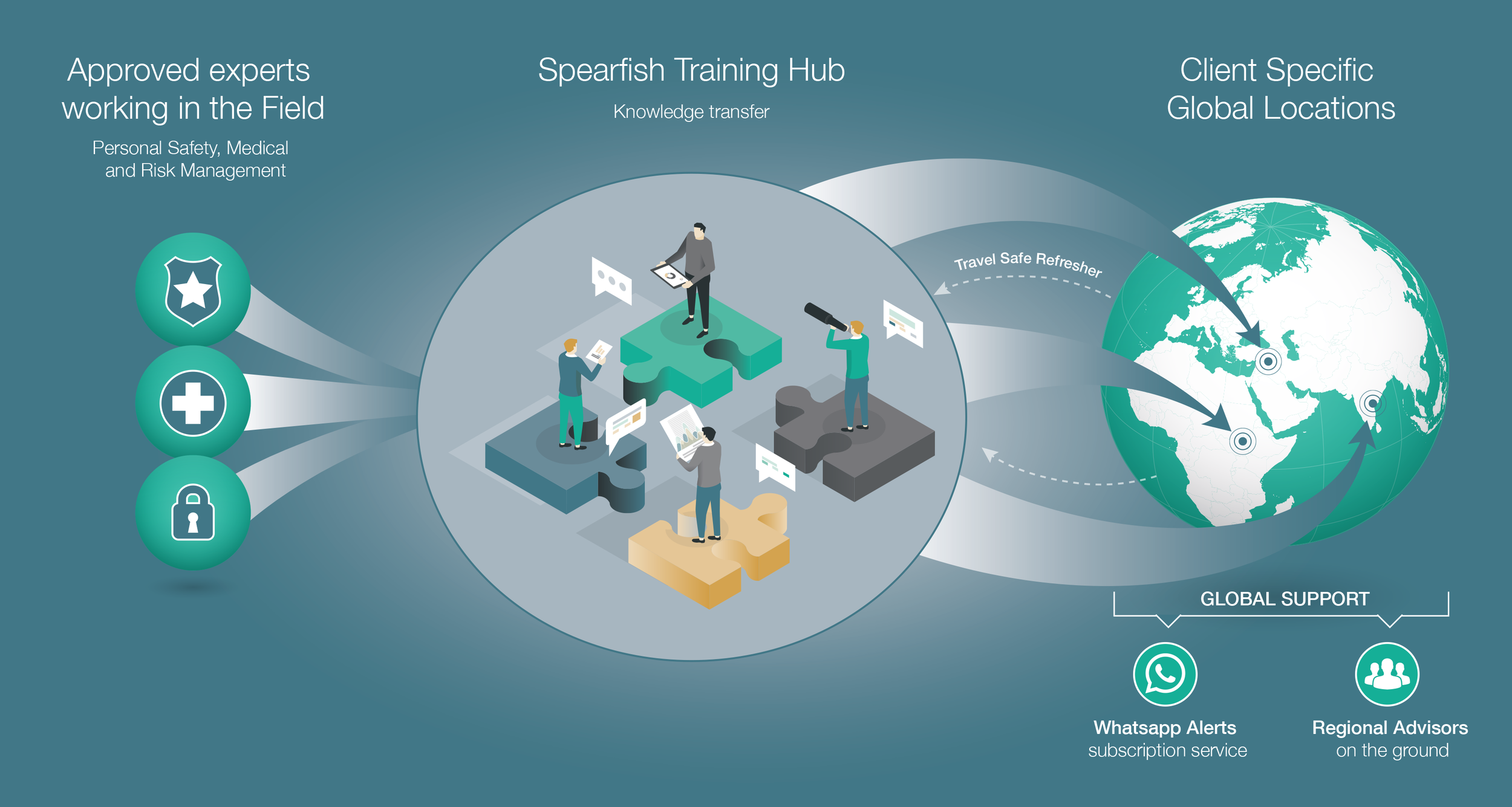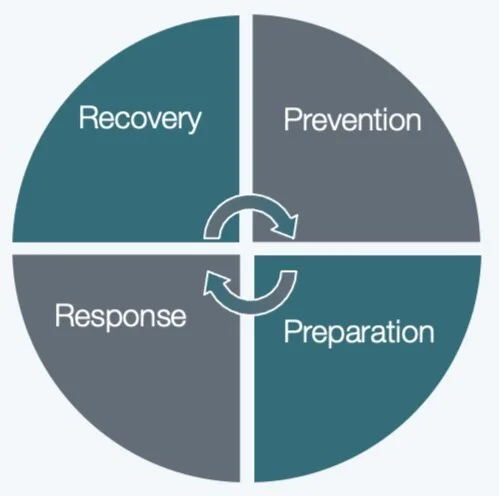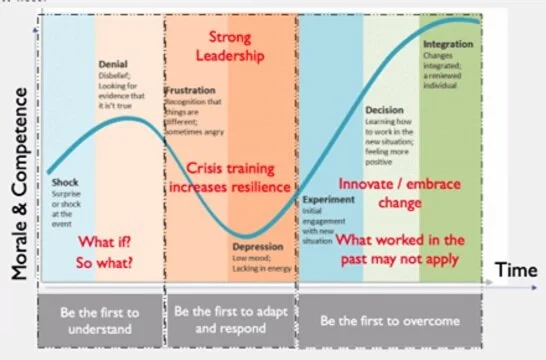Despite the national trait of resilience, Lebanon is a fragile and complex state sitting on the edge of another civil war and with no end in sight.
Overview
The ruling elites remain focused on their own divergent agendas resulting in political gridlock. In the meantime, the people suffer with high unemployment, power outages, rising inflation and lack of access to basic necessities. The government is built on sectarian lines with roles permanently assigned to specific sects. The army is the only major, non-sectarian institution in Lebanon.
If two years ago I had been designing a crisis management exercise for Lebanon and it involved a myriad of political actors, a breakdown of law and order and limited evacuation options, you might have been inclined to give this a “thumbs up” for possible scenarios. If, as a final plot twist, I had added a devastating blast that destroyed hospitals, left over 200 dead and 300,000 homeless, and then I threw in a pandemic for good measure, I suspect there would have been much eye-rolling at the over-zealous and wholly “unrealistic” safety training.
Lebanon Today
Five months into 2021, Lebanon remains firmly in the grip of political impotency, rebuilding a city, fighting a pandemic and with continued anti-government protests that often turn violent.
We have helped our clients prepare for and navigate each twist of the Lebanon story. From planning and executing evacuations of international staff, to relocating national staff during periods of increased instability. We didn’t plan for a blast registering a magnitude of 3.3, but we did have contingency plans in place that allowed us to quickly adapt to the evolving and complex situation.
The real story of resilience and fortitude lies with the ordinary people of Lebanon who continue to suffer and protest with an unwavering optimism that things will improve.
For advice on operating safely in Lebanon please get in touch and through our regional security advisor network in-country we will be happy to assist. Alternatively you can join us for us for our upcoming webinar which will be focusing on Lebanon.
Journey Management WebinaR
Wednesday 16th June 2021, 1pm (BST)
Regional Security Advisor Fouad Debs and Senior Security Consultant Advisor will be holding a webinar to discussing the security situation in Lebanon and how this might affect your personal safety and journey management.




























